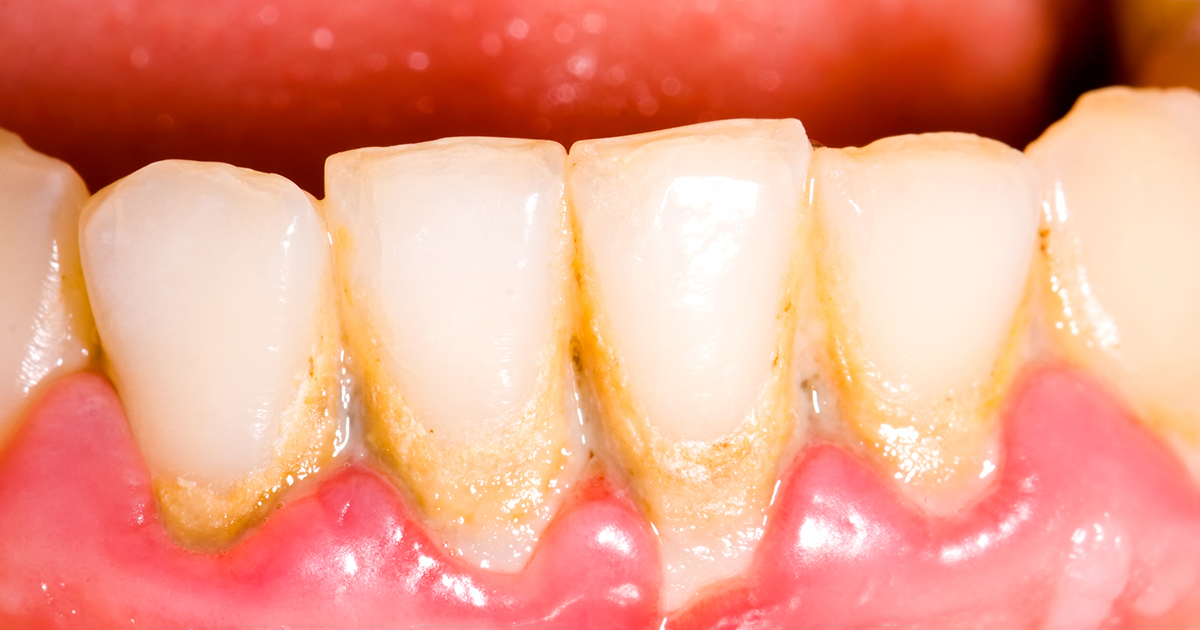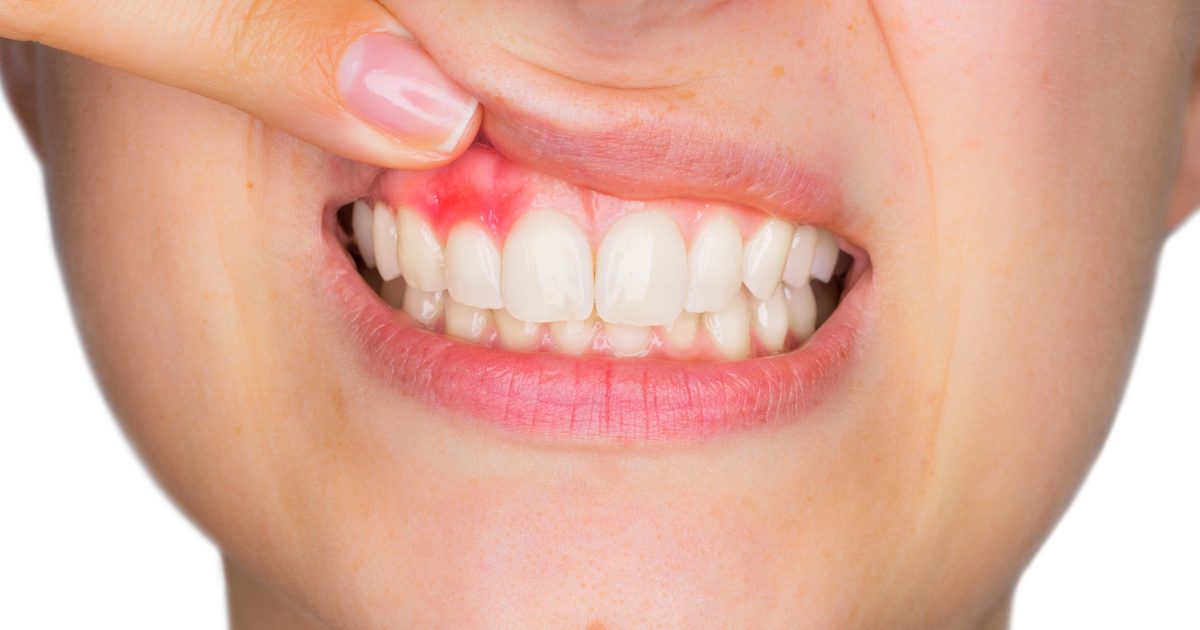Causes And Risk Factors Of Periodontitis
Periodontitis is a quite common condition wherein the gums and periodontal structures that lie deeper become inflamed. It is the body's reaction to particular bacteria that have been permitted to accumulate on the teeth. While this is part of the way the body defends itself, if left unchecked, this inflammatory response is capable of causing serious damage. Periodontitis can spread down, the inflammation going below the gums to follow along the roots and base of the teeth. This can destroy the supporting bone and the periodontal ligament; it can ultimately lead to looseness in and even loss of teeth. One of the most prevalent diseases amongst humans, this inflammation is triggered by periodontal bacteria. Learn about the major causes and risk factors of periodontitis.
Prolonged Presence Of Plaque

Scientists have sought for many years to determine the particular causes of periodontitis, and it is clear the prolonged presence of plaque on the teeth is a significant contributing factor. Dental plaque, which is also referred to as microbial plaque, dental biofilm, and tooth plaque, consists of a sticky, soft film building up on the teeth. It is, in fact, extremely sticky, a substance that is a pale yellow to colorless deposit that forms regularly on the teeth. The combination of saliva, fluids, and food is responsible for the production of bacteria deposits that collect at the place where gums and teeth meet. Plaque holds bacteria, which is responsible for producing acids known to attack the tooth enamel and damage the gums. When left untreated, the damage can grow permanent. A lack of regular flossing and brushing can lead to these bacteria causing periodontitis, tooth decay, and tartar buildup.
Learn more about what can cause periodontitis now.
Development Of Gingivitis

Gingivitis, an inflammation of the gums, generally precedes periodontitis. Not all gum inflammation is a precursor to periodontitis or gum disease, but periodontitis always involves gum inflammation. The development of gingivitis occurs when bacteria in plaque accumulate, creating inflammation in the gums and causing them to bleed easily during the brushing of the teeth. At this stage, the teeth are planted quite firmly within their sockets even though the gums are irritated. However, when left untreated, gingivitis or this inflammation may advance to periodontitis. In this condition, the inner layer of bone and gum separate and pull further from the teeth, creating pockets. In these small spaces between gums and teeth, debris collects and can grow infected. The body then fights the bacteria, the immune system striking out as the plaque is spreading and growing beneath the gum line. Poisons or toxins produced by the plaque's bacteria as well as the body's enzymes begin to break down connective tissue and bone holding the teeth in place.
Uncover more details on what can increase an individual's risk of developing periodontitis now.
